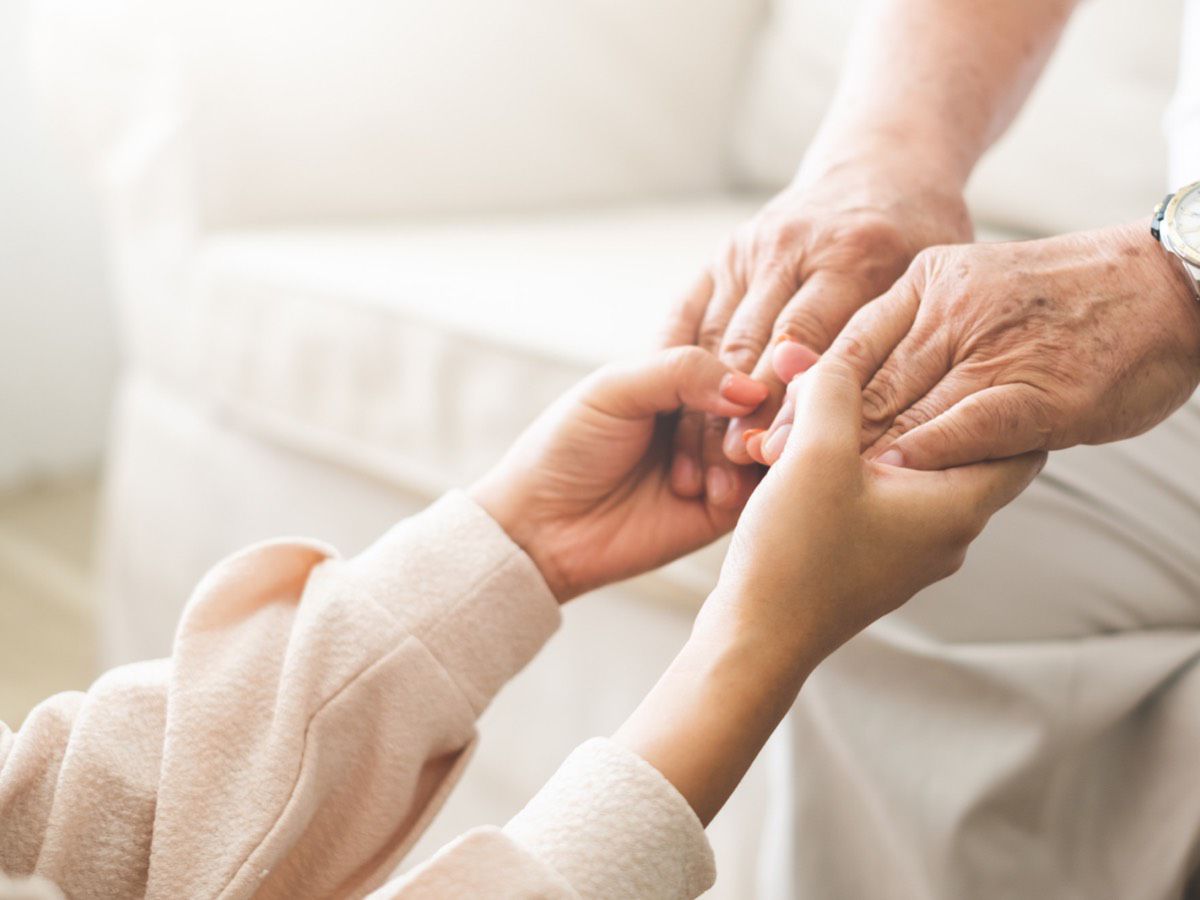
A fine balance
Despite cinematic frills, the film Mr. Jones underlines the travails of bipolar disorder and the importance of mental equilibrium. Read the article to learn more.
Isolation and fear of infection are two factors contribution to a rise in anxiety and depression amid the pandemic. As the COVID-19 pandemic enters its second year, new fast-spreading variants have caused a surge in infections in many countries, and renewed lockdowns. The devastation of the pandemic — millions of deaths, economic strife and unprecedented curbs on social interaction — has already had a marked effect on people’s mental health.
SARS- CoV-2 are single stranded RNA viruses with high rates of recombination and mutation. It enters the CNS through the olfactory nerve via the olfactory bulb or by crossing the blood brain barrier (BBB).
Neuroinflammation and associated neurodegeneration, along with brain infection and ischemia, triggers and accelerates cognitive impairment and associated symptoms like onset of delirium and psychotic features and can bring about the onset of dementia.
Elevated levels of inflammatory markers such as IL-6, CRP, ESR, ferritin, procalcitonin, LDH, lymphopenia are often seen in moderate to severe cases. Thrombocytopenia and elevated D-dimer levels may be indicative of coagulopathies. Computerized tomography (CT) chest Imaging may show ground glass opacities, bilateral or multilobar infiltration, pleural effusion, or short-term increase in lesions. PCR testing of SARS-CoV-2 is done in nasal and throat swabs and CSF. Diffusion tensor imaging (DTI) and 3D high-resolution T1WI sequences of recovered Covid-19 patients were more likely to have enlarged olfactory cortices, hippocampi, insulas, Heschl's gyrus, Rolandic operculum and cingulate gyrus, due to alterations in the microstructural and functional integrity of the brain.
Anti-virals/anti-infectious agents: Among the broad-spectrum anti-virals, acyclovir, famciclovir and protease inhibitors such as nelfinavir, lopinavir, ritonavir, saquinavir, atazanavir have been used for treatment. Remdesivir, an RNA-dependent RNA polymerase (RdRp) inhibitor is used widely for symptomatic patients. Anti-IL-6 antibody therapies with tocilizumab, sarilumab have shown therapeutic benefit. Corticosteroids are used for their anti-inflammatory properties, along with Remdesivir, and are used as first line of treatment for those with lung lesions and elevated inflammatory markers. Due to the high rates of thromboembolism, prophylactic anticoagulation with low molecular weight heparin and is associated with decreased mortality in high-risk patients. Ivermectin, plasma exchange and IVIg have also been used with benefit.

Despite cinematic frills, the film Mr. Jones underlines the travails of bipolar disorder and the importance of mental equilibrium. Read the article to learn more.



Despite my many redeeming qualities, the world views me with trepidation, not understanding that my responses are wired into me, through nature and nurture, by my evolved status as a guardian breed, created for humankind, by humankind, of humankind.



In our advent of going beyond medication, we at Buddhi clinic have an integrative 3M approach that aims at a steady improvement in health for elders. Read the blog to learn more.
BUDDHI CLINIC PRIVATE LIMITED © 2023 All rights reserved